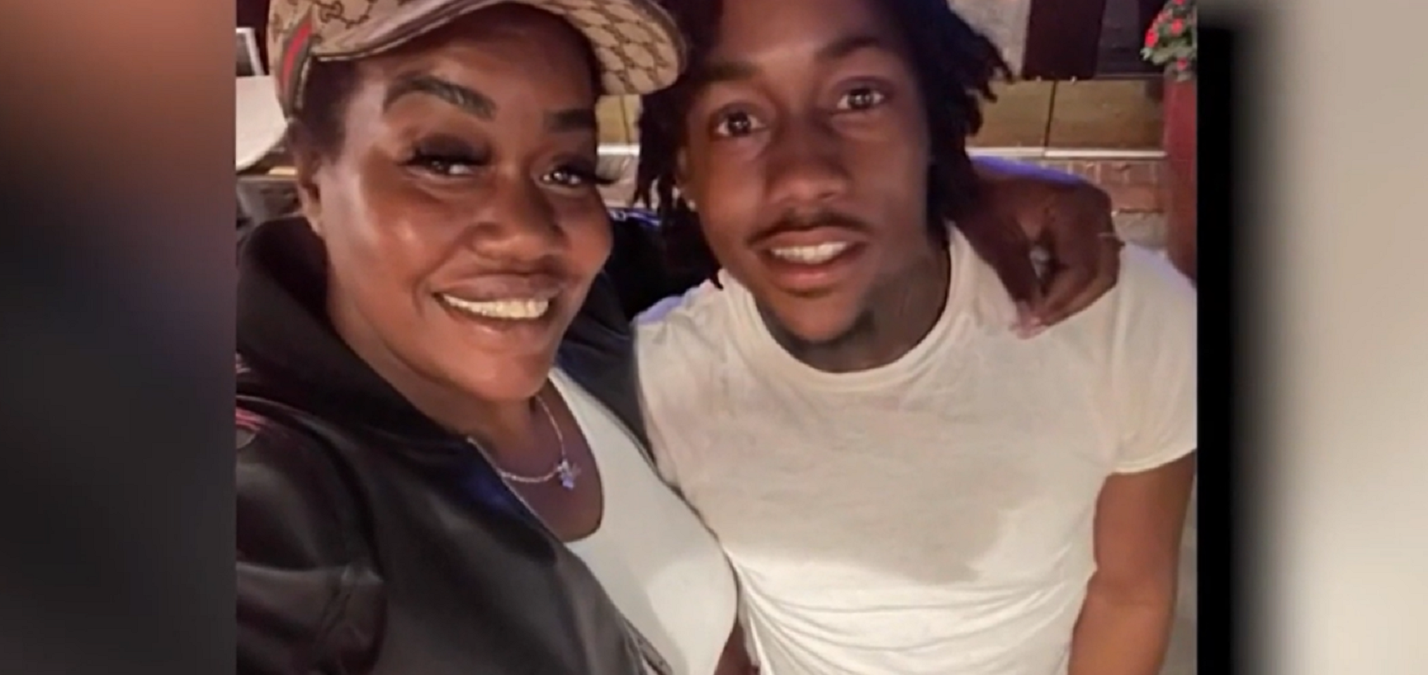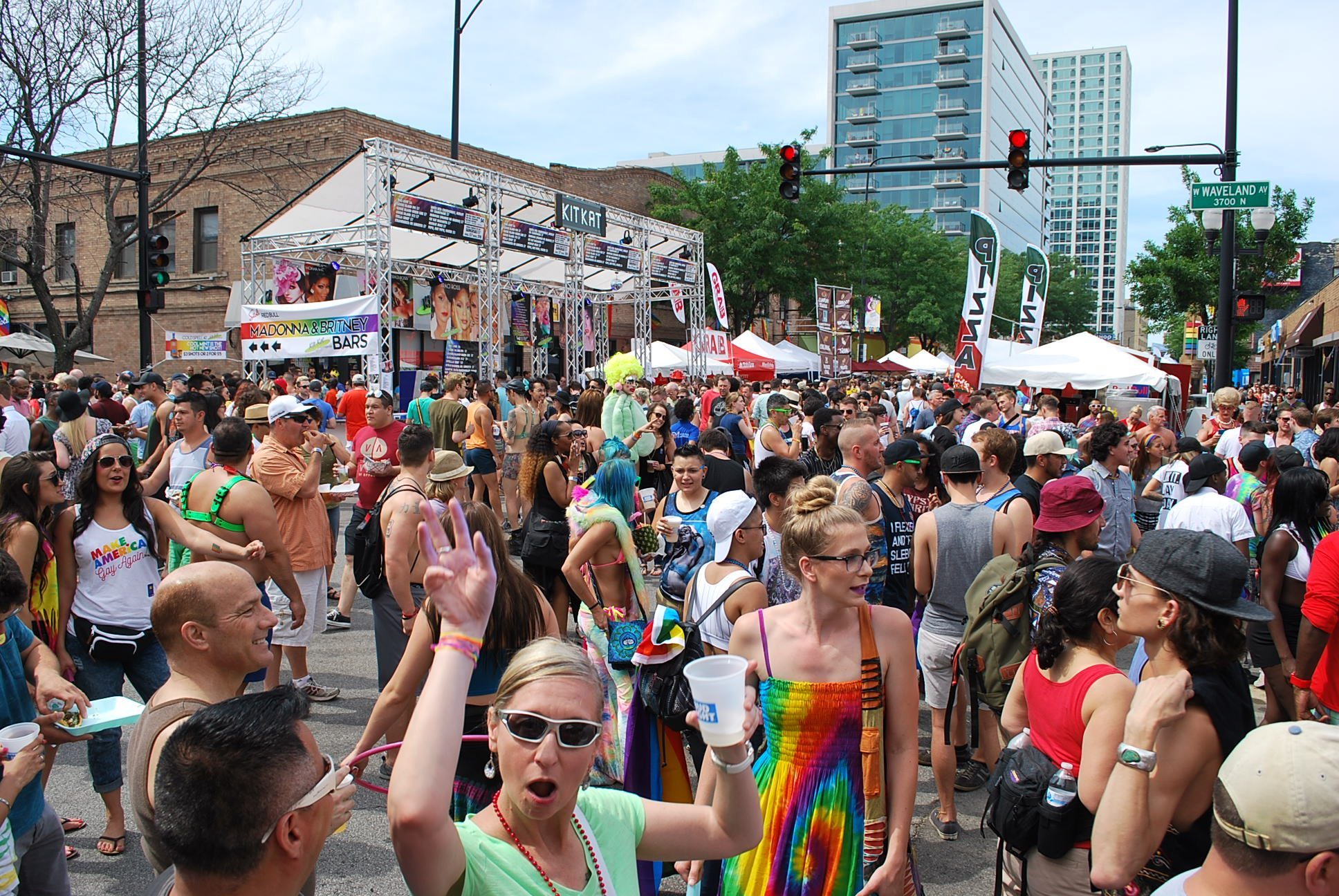Call it Anti-Rahm Fever or the beginnings of a true progressive movement in City Council. Either way, it appears more progressive aldermanic challengers are announcing their candidacy earlier in the 2015 political cycle and in more wards across the city than ever before.
While hard data this far out from the February, 2015 municipal elections is difficult to come by, an informal survey of the electoral landscape shows a burgeoning groundswell of candidates challenging incumbent alderman in anticipation of a potential sea change in the City Council’s makeup once the 2015 elections are done. Ward Room has been able to identify no less than 63 candidates in 30 different wards who have already announced seven months out, with others rumored or preparing to throw their hat in the ring.
Of these candidates, the largest number wear the mantle of “progressive” proudly or present a political platform that is roughly in line with traditional progressive values, at least as practiced in Chicago. And while it remains to be seen if the majority of folks who have announced or are preparing will actually make the ballot come February, its notable that so many—and in such a diverse set of wards across the city—are already laying the groundwork for challenges to sitting aldermen.
“I think what’s going on is that the voters of Chicago want change, and so people are standing up and moving more towards what they believe is their calling as candidates,” said Glenda Franklin, who has announced her candidacy in the 17th Ward against current alderman Latasha Thomas. “I’ve had conversations with people where I’ve said this isn't just anti-Rahm [Emanuel]. We need to be progressive about our communities. I’m hoping there are more progressive candidates than just those against the mayor because the city needs that more.”
Local
Much has been made in recent weeks of the potential for a true “progressive moment” happening in Chicago politics in advance of the 2015 elections, centered on issues such as an elected school board, reopening shuttered mental health clinics, fighting for a higher minimum wage, ethics reform and more. And there’s little doubt a lot of people—incumbents, challengers, activists, unions and the like—are gearing up behind the scenes to bring what they see as progressive change to Chicago politics by endorsing and supporting specific candidates.
Throw in potential mayoral runs by progressive leaders such as Chicago Teachers Union President Karen Lewis and 2nd Ward Alderman Bob Fioretti, and you’ve got the makings for a lot of enthusiasm and excitement over the potential for a progressive takeover of city government.
Yet, Chicago history has shown that beyond changing who sits on the fifth floor of City Hall, even unseating an incumbent alderman can be a daunting task. In 2011, for example, despite a belief that voters were exhausted by the Daley years and ready for a change, only a handful of alderman suffered upsets at the hand of first-time challengers.
As a result, even with a groundswell of progressive candidates, it remains to be seen whether enthusiasm in August translates into victory parties in February. And, as of right now, these candidates appear to be acting mostly independent of each other, focusing primarily on winning a campaign in their ward without much outside coordination or coalition building.
Still, there are some people openly looking to change this state of affairs and give the boost to first time candidates they may need to win. For example, a loose coalition of progressive aldermanic candidates has come together on social media. Under the umbrella of a Facebook group known as “Chicago Progressive Aldermanic Candidates”, roughly 20 or so challengers are working together to share ideas, pool resources where possible and help develop progressive platforms.
Led in part by Alonso Zaragoza, who has announced his candidacy in the 36th Ward, the group sees itself as a way for progressive candidates to connect with other candidates beyond their own wards. Nevertheless, it’s clear the group also has its sights set on the bigger picture for progressive aldermanic candidates.
“If we want to make a fundamental change in City Council, what we need is a progressive candidate running in each of the 50 wards across the city,” Zaragoza said. “We can't have 20 or so races where an incumbent doesn't have a challenger.”
Despite the potential for progressive change, some of the current crop of candidates may be fueled more by the opportunity to run against an unpopular mayor in Rahm Emanuel, which, by default, could be seen by voters as being progressive.
“Part of why you’re seeing an early flood [of candidates] is because from even the early part of this year, the resistance to Rahm is coalescing—that’s the key factor,” said Don Gordon, who is challenging incumbent Joe Moore in the 49th Ward. “These candidates need to take a pragmatic approach, and run a one-on-one, face-to-face, grassroots campaign. The approach is get out there and talk to as many people as you can, as early as you can. That’s how I’m running, and what I think it takes to win as a progressive.”
There’s little doubt Emanuel and his allies expect to wield a big stick when it comes to potentially influencing aldermanic races in 2015. After all, a super PAC created for that purpose, Chicago Forward, has already raised more than $1 million. Among progressives, there’s a widespread belief much of that money will be used to defeat current members of the City Council’s Progressive Caucus, as well as try and stop any groundswell of candidates thinking they can come in and change City Council.
For some progressive aldermanic candidates, however, the real battle for change in Chicago politics lies as much in City Council races as it does in taking over the mayor’s office.
“When we talk about progressive candidates, that has to mean that in every fabric of the city where the decisions that are made, whether it’s school closings, transparent government or crime and safety, all of those things are first addressed in the City Council,” said Michael Davis, who is running against incumbent Lona Lane in the 18th Ward. “I don't think a lot of people realize we spend more of our time as citizens focusing on the mayor and not enough time asking questions of our aldermen.”
For Davis and others, the potential for a wave of progressive candidates in 2015 is a welcome development, no matter how hard the battle to come may be.
“I think it’s important that this comes off as a true movement, because if it just looks like a couple of candidates out there doing their thing, nobody will pay attention,” he said. “But if suddenly you’ve got 50 wards with progressive candidates all coming out of the woodwork and saying we want see transparency and honesty and open government, then it looks more like a wave and a movement. And I think voters respond to movements more than they do to individuals.”



